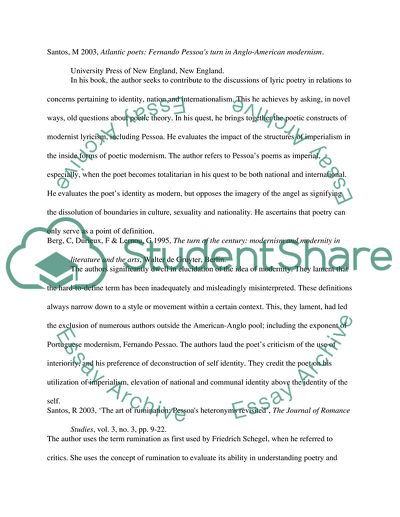Cite this document
(“History of Literatures in European Languages Literature review”, n.d.)
Retrieved de https://studentshare.org/literature/1589024-annotated-bibliography-on-fernando-pessoa-and-nationalism-see-attached-document
Retrieved de https://studentshare.org/literature/1589024-annotated-bibliography-on-fernando-pessoa-and-nationalism-see-attached-document
(History of Literatures in European Languages Literature Review)
https://studentshare.org/literature/1589024-annotated-bibliography-on-fernando-pessoa-and-nationalism-see-attached-document.
https://studentshare.org/literature/1589024-annotated-bibliography-on-fernando-pessoa-and-nationalism-see-attached-document.
“History of Literatures in European Languages Literature Review”, n.d. https://studentshare.org/literature/1589024-annotated-bibliography-on-fernando-pessoa-and-nationalism-see-attached-document.


